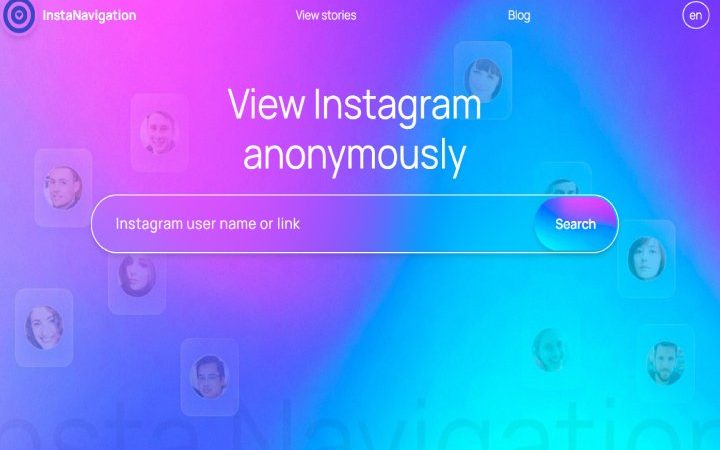Types Of Tax-Deductible Personal Loan Interest

Personal loan interest is tax deductible for some borrowers. Personal loan interest is tax deductible for qualified medical expenses. Student loan interest is tax deductible for personal loans used to pay tuition. Personal loan interest may be tax deductible for home-related expenses. Personal loan balances can be transferred to a home loan to make interest tax-deductible.
Table of Contents
Personal loan interest is tax deductible for some borrowers
Are personal loans tax deductible? “Generally, the answer is no” as per Lantern by SoFi professionals. Personal loan interest is tax-deductible for some borrowers. For others, the tax laws do not allow you to deduct the interest on your personal loan. The IRS has specific guidelines for personal loans. In order to qualify for a personal loan deduction, your lender must be a bank or other financial institution and you must have used the funds for one of these expenses:
- Paying off medical bills
- Paying off student loans
- Making home improvements
Personal loan interest is tax deductible for qualified medical expenses
If you’ve taken out a personal loan to pay for medical expenses, those interest payments should be tax deductible. The IRS allows you to deduct qualified medical expenses up to the amount of your adjusted gross income (AGI) if they were paid during the year. To be considered a qualified medical expense, the costs must have been incurred by you, your spouse or dependents.
Personal loan interest that is used specifically for non-business related purposes is not eligible for tax deductions. In addition, this deduction is only allowed when the borrower has a net loss from their business and is claimed as an employee on their taxes.
Student loan interest is tax deductible for personal loans used to pay tuition
You may be able to deduct the interest you pay on qualified student loans.
- If your employer doesn’t offer a tuition reimbursement plan, or if you don’t have access to an employer-sponsored tuition reimbursement plan, you can make monthly payments from your paycheck directly to the college or university.
- If you have an individual retirement account (IRA), consider using a loan from it for educational expenses as well. The interest is still tax deductible, though there are annual limits on how much of your IRA balance can be withdrawn in one year.
Business loans may be used for personal expenses, and the interest can be deducted on taxes
Business loans may be used for personal expenses, and the interest can be deducted on taxes.
Business loans are generally used to finance business operations. However, if you use a loan for personal reasons and the amount of money you borrow exceeds $10,000 then you can claim this interest as a tax deduction on your income tax return.
- The loan must be backed by collateral (i.e., real estate or equipment).
- You must use funds from one or more sources that are not related to your business activities (i.e.family members) in order to repay the debt with interest within 5 years of borrowing it unless special circumstances exist that allow longer repayment periods under Section 108(a)(7) of Internal Revenue Service Code Section 108(a)(7).
Personal loans are a popular way for people to borrow money, and the interest paid on these loans can be tax-deductible. There are several different types of personal loan interest that may be deductible: medical expenses, student loans, home-related expenses and business expenses. If you have questions about whether or not your personal loan interest is tax-deductible, contact a CPA or accountant before filing your taxes next year.
Also Read: Digital Transformation In Business Finance






